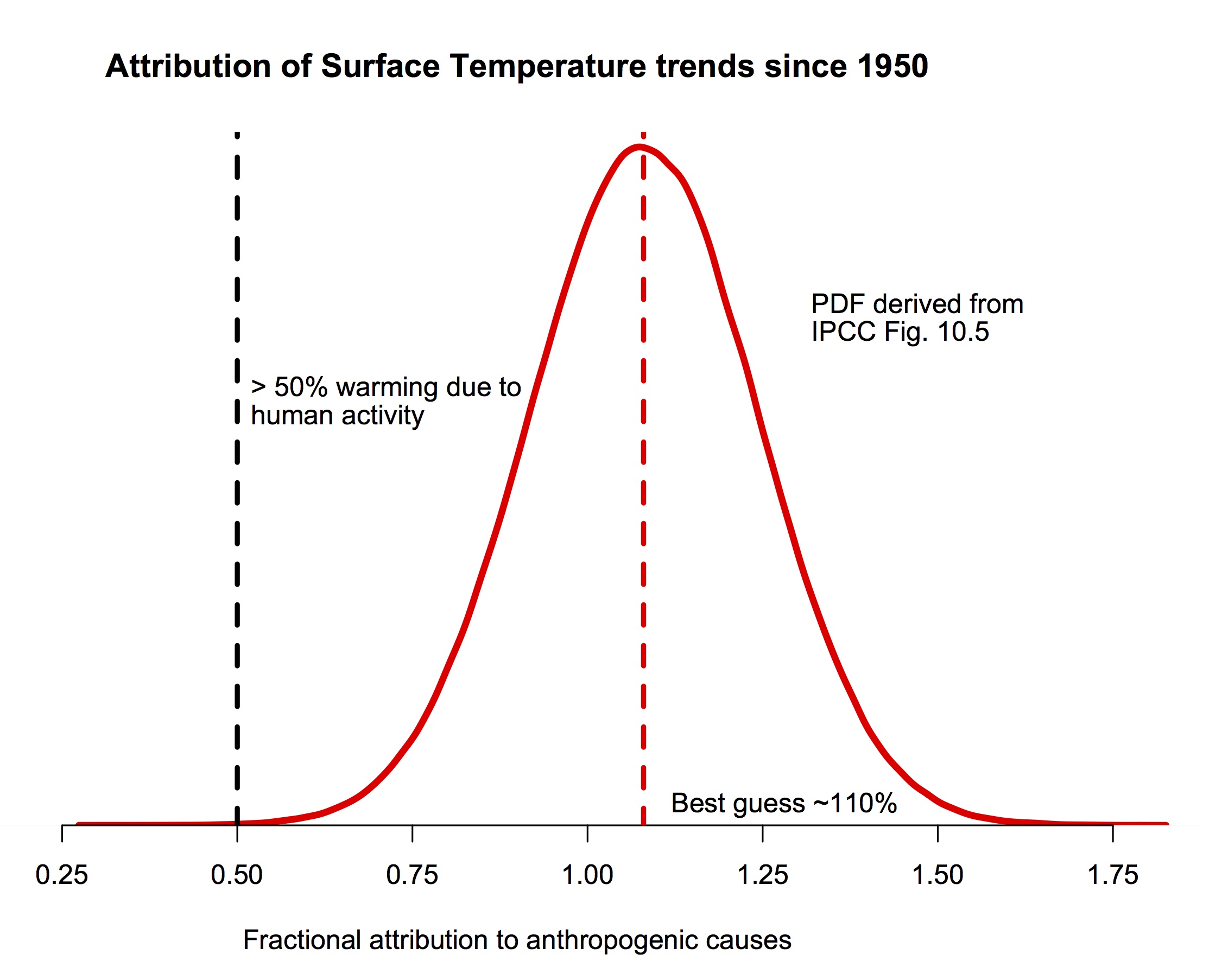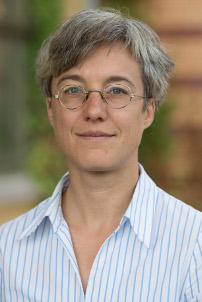Last week there was an international media debate on climate data which appeared to be rather surreal to me. It was claimed that the global temperature data had so far shown a “hiatus” of global warming from 1998-2012, which was now suddenly gone after a data correction. So what happened?
One of the data centers that compile the data on global surface temperatures – NOAA – reported in the journal Science on an update of their data. Some artifacts due to changed measurement methods (especially for sea surface temperatures) were corrected and additional data of previously not included weather stations were added. All data centers are continually working to improve their database and they therefore occasionally present version updates of their global series (NASA data are currently at version 3, the British Hadley Centre data at version 4). There is nothing unusual about this, and the corrections are in the range of a few hundredths of a degree – see Figure 1. This really is just about fine details. [Read more…] about Debate in the noise
 Some of you will be aware that there is a
Some of you will be aware that there is a 
